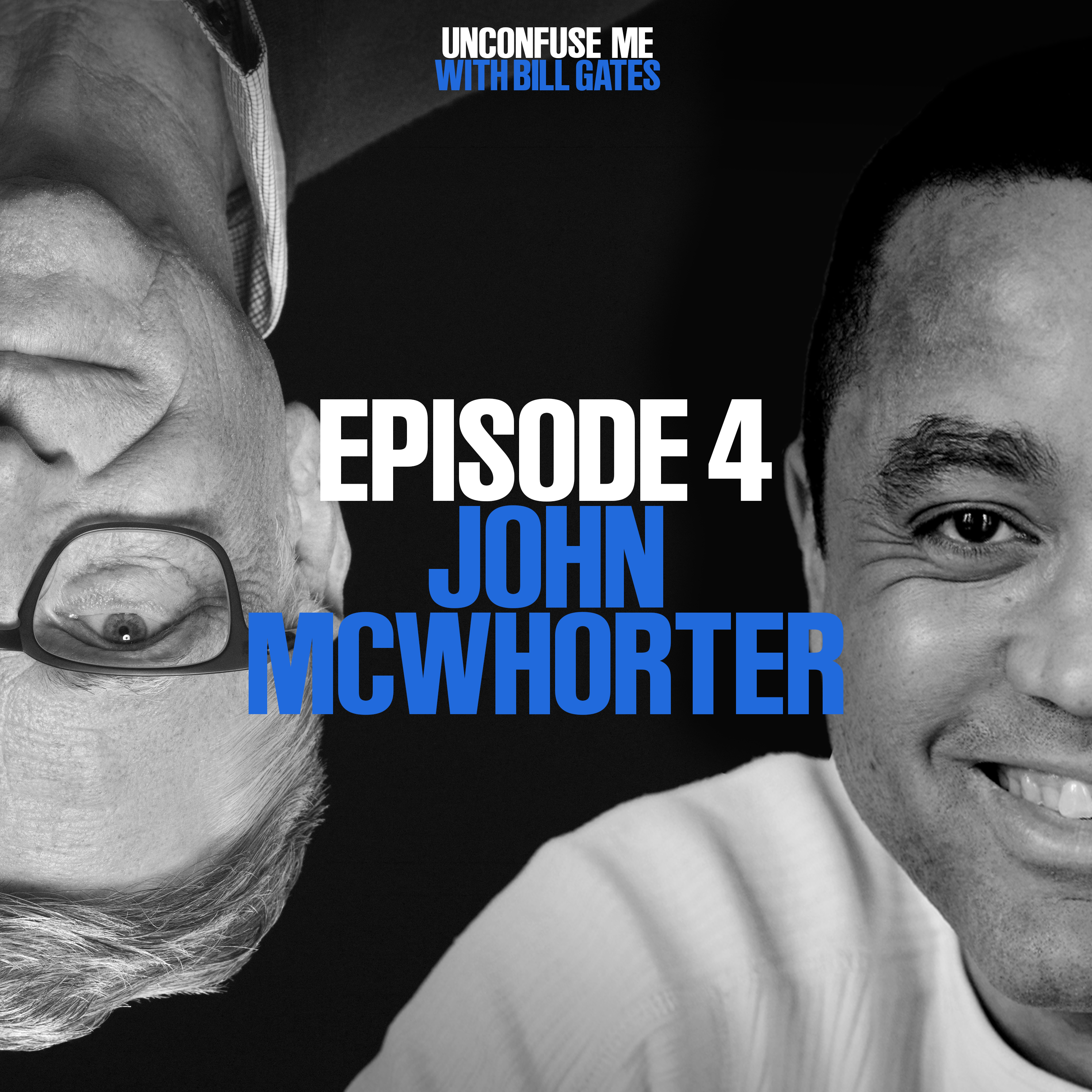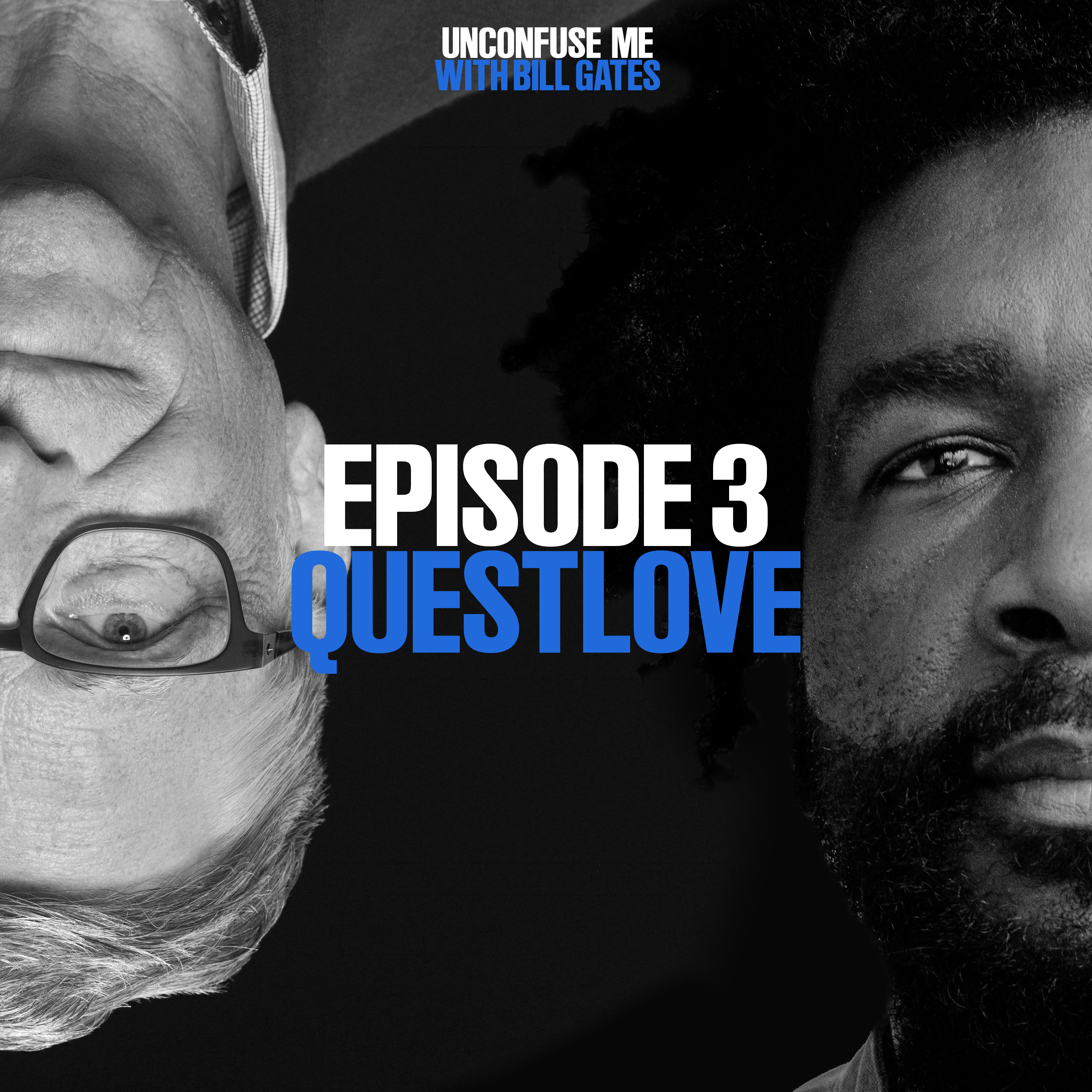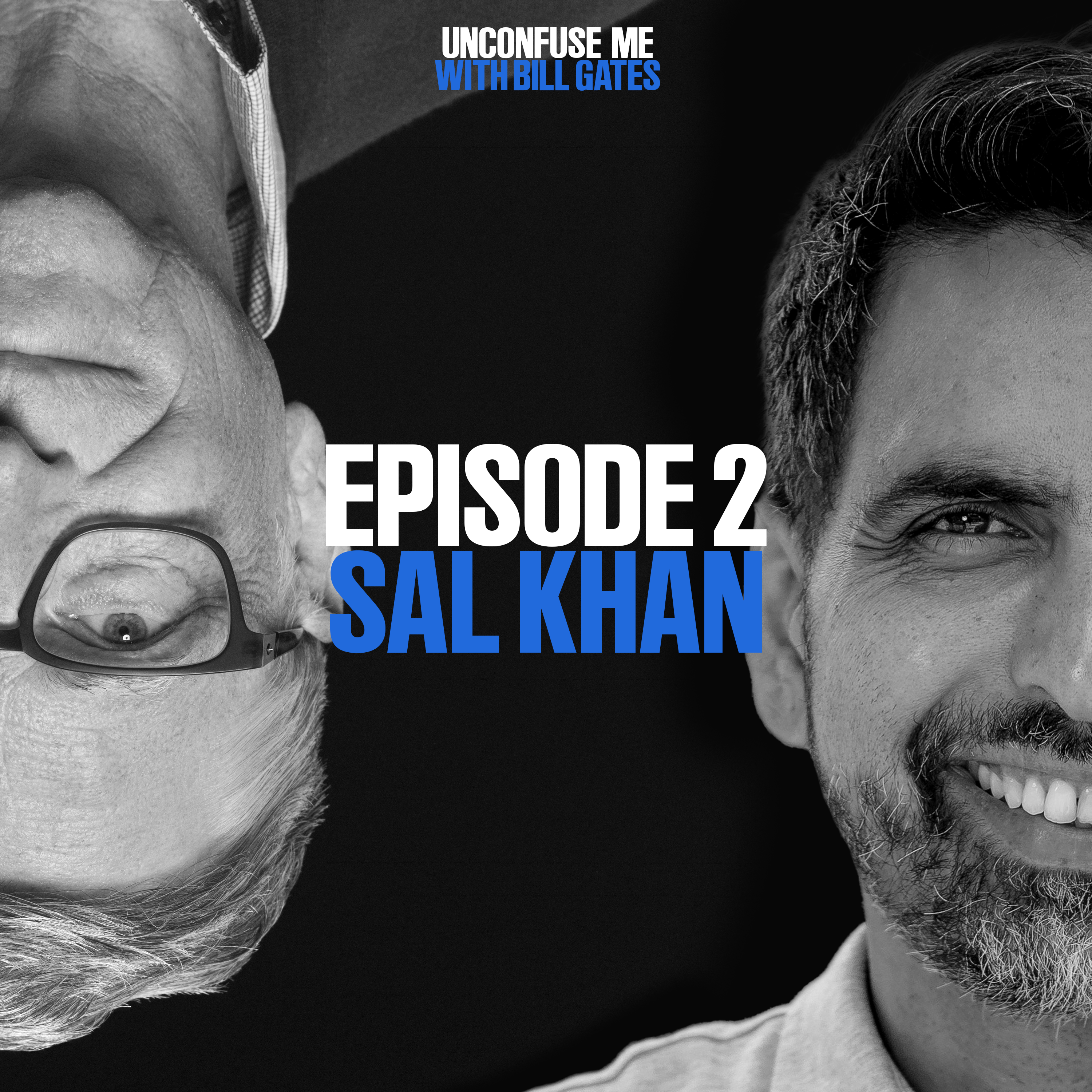





















Environmental, social, and corporate governance (ESG) is a framework designed to be embedded into an organization's strategy that considers the needs and ways in which to generate value for all of organizational stakeholders (such as employees, customers and suppliers and financiers).
ESG corporate reporting can be used by stakeholders to assess the material sustainability-related risks and opportunities relevant to an organization. Investors may also use ESG data beyond assessing material risks to the organization in their evaluation of enterprise value, specifically by designing models based on assumptions that the identification, assessment and management of sustainability-related risks and opportunities in respect to all organizational stakeholders leads to higher long-term risk-adjusted return.[1] Organizational stakeholders include but not limited to customers, suppliers, employees, leadership, and the environment.[2]
Since 2020, there has been accelerating pressure from the United Nations to overlay ESG data with the Sustainable Development Goals (SDGs), based on their work, which began in the 1980s.[3]
The term ESG was popularly used first in a 2004 report titled "Who Cares Wins", which was a joint initiative of financial institutions at the invitation of UN.[4] In less than 20 years, the ESG movement has grown from a corporate social responsibility initiative launched by the United Nations into a global phenomenon representing more than US$30 trillion in assets under management.[5] In the year 2019 alone, capital totaling US$17.67 billion flowed into ESG-linked products, an almost 525 percent increase from 2015, according to Morningstar, Inc.[6] Critics claim ESG linked-products have not had and are unlikely to have the intended impact of raising the cost of capital for polluting firms,[7] and have accused the movement of greenwashing.[8]

 |
| https://www.climatechangenews.com/ |
 |
| The "action zone" at Cop26 in Glasgow (Photo: Karwai Tang/UK Government) |
The Glasgow Climate Pact and recent pledges have kept 1.5C alive, just. But to get 1.5C out of intensive care we need all these pledges and national plans to be delivered without delay.
People took to the streets calling for urgent, just and decisive climate action. Activists were right to call out those governments and businesses using distant net zero pledges to delay meaningful action today. It is true that many of the current informal and unregulated offset schemes are insufficient and can lead to greenwashing.
However, more than 1,000 companies are setting 1.5C-aligned science-based targets to reduce their emissions. The Net Zero Standard launched at Cop26 enables companies to align their climate action with limiting global warming to 1.5C. The business leaders I met with in Glasgow had come with credible evidence of their progress as well as a sincere and urgent desire to push governments to go further and faster.
While some saw Cop26 as a story of opposing voices inside and outside, I believe that the street and the boardroom are closer than they have ever been. Their message to world leaders is loud. Action, action, action is the only antidote for the blah, blah, blah.
The Glasgow Pact has given businesses a clear direction of travel. They came with concrete policy asks, which at least in part, have been delivered. These include a commitment by nations to increase their emissions targets to pursue the 1.5C target and rules for a robust and transparent global carbon market. 195 countries now agree that coal has an expiry date, even if that date is not yet agreed. Investments in fossil fuels are now far riskier because the market expects them to become stranded assets in the foreseeable future.
Action in this decade towards halving emission by 2030 offers our best chance of keeping 1.5C within reach. Many forward-looking business leaders are stepping up to deliver right now.
It must be accountable action. Scrutiny and transparency will ultimately benefit everyone, including business, because it will build trust with employees, customers, investors and communities. The International Sustainability Standards Board will provide a much-needed global standard for the consistent disclosure of sustainability information. Reporting will make it easier for investment to flow to 1.5C aligned businesses and drive competition. It will also make it harder for those businesses that do not take climate seriously. There will be no longer any excuse nor anywhere to hide.
A robust carbon market established under Article 6 will offset the risk of greenwashing. While not perfect, the Glasgow Climate Pact offers real progress towards a global carbon market that brings rigor and scrutiny to trading offsets, reducing the risk of double-counting. The sooner the system is up and running under the new rules, the sooner it can build trust among companies and the public that trading carbon credits is a credible and effective mechanism for driving down emissions.
Despite corporate progress, business cannot turn the tide on global heating alone. We need clear policies and regulation from governments. And business needs to consistently advocate for ambitious climate policies. The ambition loop between companies and governments is clear, by working together, they can each accelerate climate action, unlocking business leadership and policy ambition.
Similarly, the calls for action from wider society are shaping corporate and policy decisions creating the societal changes that make it easier for consumers to cut their own carbon footprint. Our task in the coming years is to turbocharge these virtuous circles and accelerate momentum to the pace needed to avert climate breakdown.
The Glasgow Climate Pact represents real progress within the current geopolitics and consensus nature of UN climate negotiations. Forward-looking businesses will continue to raise their own ambition while calling for more government action such as delivering climate finance to developing countries, transparency and creating a just transition. Now activists, forward looking businesses and leading nations must embrace the next phase of our journey towards net-zero: Collaboration, collaboration, collaboration.
Maria Mendiluce is CEO of the We Mean Business Coalition.
A course in sustainability leadership can take your career up a gear
What we can learn from Somalia about anticipating climate disaster
How tracking forest biomass change from space informs carbon cycling models
Improving quality of life for Mexican families with sustainable communities
 |
| Partners in Climte Change |
In Glasgow, I saw three big shifts in the climate conversation
A lot has changed in the past six years.
by Bill Gates | November 08, 2021
 |
| Urban background solar panels, Shanghai, China. | Photo: iStock |
In the rush to modernize, China neglected its environment, but now its growing middle class is demanding environmental responsibility.
“Even an entire society, a nation or all simultaneously existing societies taken together are not owners of the earth, they are simply its possessors, its beneficiaries, and have to bequeath it in an improved state to succeeding generations, as boni patres familias [good heads of households].” – Karl Marx, Das Capital, Vol 3
Journeyman PicturesA portrait of poverty, ambition and hope set in a world of waste.Sundance-Selected Documentary Plastic China available on:For downloads and more information visit:
China Daily GlobalBetween 2008 and 2010, he visited more than 460 landfills around Beijing and took about 10,000 photos. In 2011, his first documentary film about waste, Beijing Besieged by Waste, showed audiences the state of waste pollution in Beijing. Wang Jiuliang is a 34-year-old photographer who spent all of his money to document the landfills around Beijing and draw people's attention to problems caused by waste. In an interview with China Daily, Wang talked about his experience shooting the documentary and his opinion about waste pollution and consumption behavior.
“We, as human beings, must respect nature, follow its ways, and protect it. The government will encourage simple, moderate, green, and low-carbon ways of life, and oppose extravagance and excessive consumption.”
First, China has a long tradition of emphasizing the harmony of nature and humanity, which has enabled Chinese civilization to survive for thousands of years.Second, unlike the US, China still has thousands of traditional villages and hundreds of millions of farmers who continue doing small intensive and meticulous farming.Third, China’s political system is able to mobilize massive social forces to cope with major crises such as the ecological one.Fourth, the Chinese government has shown its determination to create an ecological civilization by writing this goal into both the party’s constitution in 2012 and China’s national constitution in 2018.
“We shouldn’t judge one to be hero or not merely according to GDP. Instead, we should look at welfare improvement, social development and environmental indicators to evaluate leaders.”